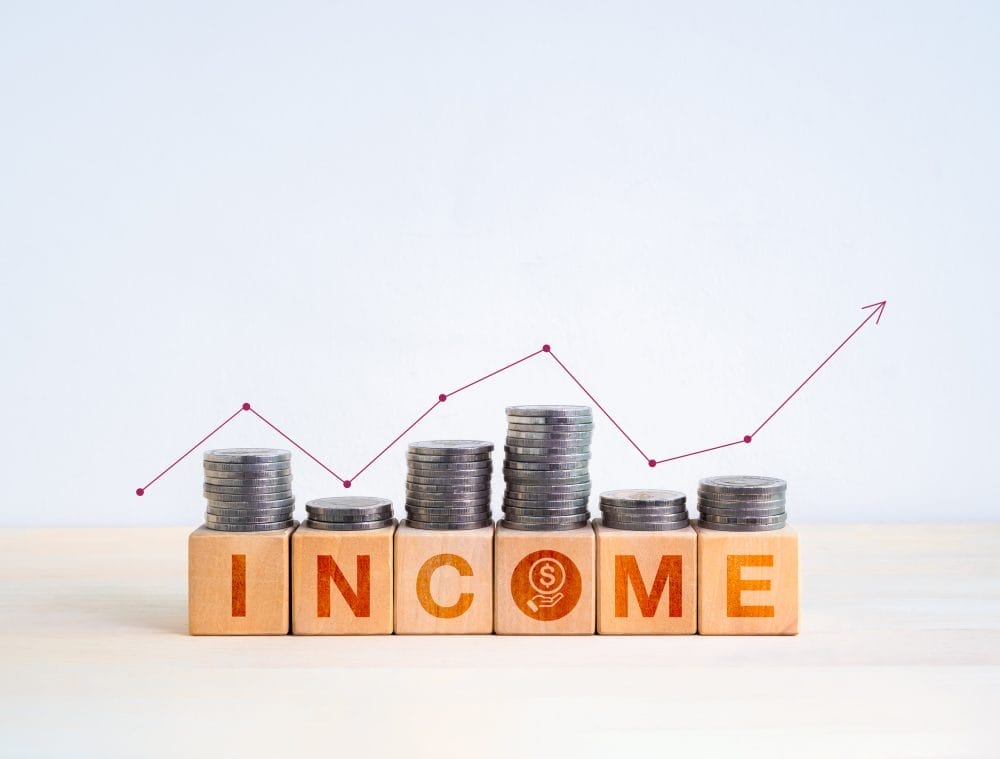Life has a way of throwing curveballs, and depending on a single paycheck is like playing financial Jenga with missing pieces. One wrong move—a layoff, illness, or even a corporate restructure—and the whole tower comes crashing down. While one income might feel safe, steady, and predictable, it often hides risks that people don’t notice until it’s too late.
The truth is, depending entirely on one source of money leaves you vulnerable in ways that can ripple across every part of life. Here’s why putting all your eggs in one paycheck basket can be one of the riskiest financial moves around.
1. Job Loss Can Wipe Out Stability
The most obvious danger of relying on a single income is that losing a job instantly flips the financial switch from “comfortable” to “chaotic.” There’s no backup, no cushion, and no safety net if the paycheck stops flowing.
Even the best employees aren’t immune to layoffs, budget cuts, or company closures. One sudden termination can turn a household’s financial rhythm upside down in a matter of days. Without another income stream, recovery becomes a slow, stressful uphill battle.
2. Rising Expenses Don’t Wait
Rent climbs, grocery prices soar, and utilities seem to sprout new fees overnight. Expenses don’t pause just because a single income has to stretch further. Over time, the gap between what’s earned and what’s needed becomes harder to close. Without supplemental income, people are forced to dip into savings—or worse, swipe credit cards just to keep up. This cycle can spiral into debt that feels nearly impossible to escape.
3. One Income Means Limited Opportunities
When money is tight, opportunities often slip right through the cracks. Travel, education, or even investing in a new skill feels out of reach when all resources are tied to one paycheck. Over time, this limits growth both personally and financially. Without extra income, chances to explore, expand, or take calculated risks vanish. The result is being stuck in a cycle of just getting by instead of moving ahead.
4. Health Emergencies Hit Harder
Medical emergencies have a way of striking when least expected, and one paycheck rarely covers the surprise costs. Hospital bills, prescriptions, and recovery time off work add up quickly. If the sole income earner falls ill, the financial blow doubles. There’s both a loss of income and an increase in expenses, a brutal combination that can push households into severe debt. A second income often makes the difference between manageable stress and overwhelming disaster.
5. Retirement Takes a Back Seat
Planning for the future often gets pushed aside when a single income barely covers the present. Retirement contributions, savings accounts, or investments take the hit when immediate bills demand priority. This short-term survival mode creates long-term consequences that can’t be ignored. Years of missed contributions snowball into a retirement fund that falls dangerously short. One income may pay the bills today, but it jeopardizes financial security tomorrow.
6. Stress Levels Skyrocket
Living paycheck to paycheck on one income builds constant pressure. Every unexpected expense feels like a ticking time bomb ready to explode. The stress doesn’t just affect finances—it bleeds into health, relationships, and overall quality of life. Worrying about “what ifs” becomes a daily background noise that never shuts off. Multiple income streams don’t just add money; they add peace of mind.
Why Betting on One Paycheck Isn’t Worth It
Depending on a single income may seem manageable in the moment, but it comes with a heavy load of hidden risks. From job loss to rising expenses, health scares to retirement delays, the dangers pile up fast. Building multiple income streams isn’t just a financial strategy—it’s a safeguard for stability, freedom, and peace of mind. Relying on one paycheck is like standing on a tightrope without a net.
What’s your take—have you ever felt the strain of living on one income, or are you working on diversifying your streams? Share your thoughts in the comments below.
You May Also Like…
- 10 Retirement Simulators That Overestimate Your Lifetime Income
- 5 Asset Transfers the SSA Treats as Income—And How to Avoid Penalties
- 8 Signs They’re Mapping Out Your Income Without Asking
- 10 Government Relief Programs With Hidden Income Caps
- 11 Passive Income Ideas That Destroyed Family Trust







